Civic Tech Field Guide
Sharing knowledge and productively growing the fieldSearch 12458 projects
Showing 12458 Results

2022 Inventory of Washington State Automated Decision-making Systems
Washington state, USA30 ADS govtech applications in Washington state

AMBER
Berkman Center For Internet, Everett Street, Cambridge, MA, USAAmber is a tool for blogs & websites to keep linked content accessible
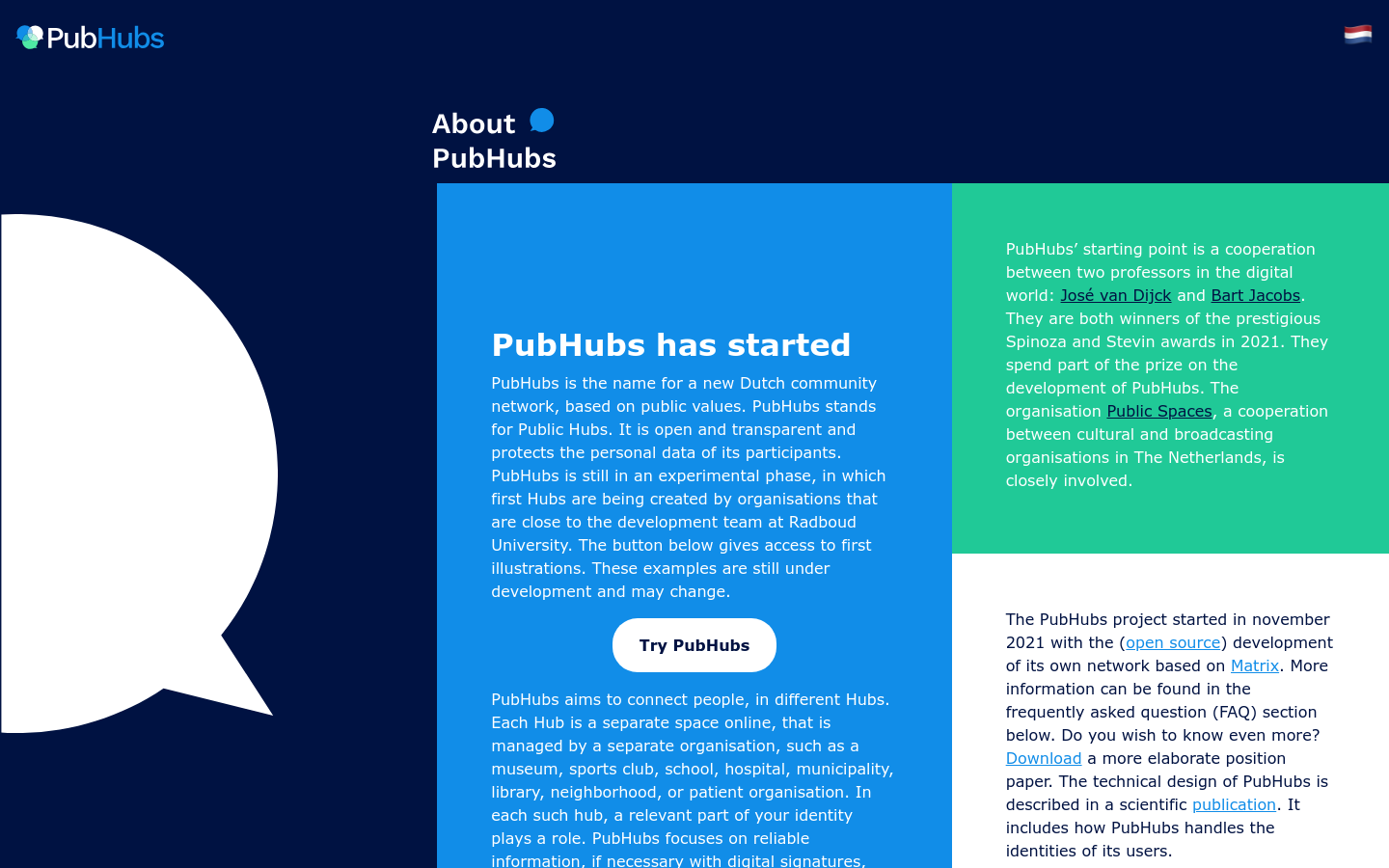
Public Hubs (PubHubs)
Nijmegen, NetherlandsA public-owned social network for public institutions (municipalities, schools, libraries, hospitals, museums, etc) to engage communities without using Big Tech, and instead using infrastructure based on public values

Trustworthy Digital Infrastructure for Identity Systems
United Kingdom of Great Britain and Northern Ireland (the)Enhancing the privacy and security of national digital identity systems

Imagine if we could place ourselves 100 years from now and still have access to photos shared by millions of people on Flickr…

Leveraging AI for Democracy: Civic Innovation on the New Digital Playing Field
1025 F Street NW, Suite 800, Washington, DC 200043 essays by Beth Kerley, Carl Miller, and Fernanda Campagnucci outline possible paths toward a prodemocratic vision for AI

WorkMoney
United States of America (the)Connects Americans to public resources that help them lower their bills


Public Interest Tech Fund
United States of America (the)The Fund is a shared space for philanthropists to leverage one another’s expertise, incubate investment strategies to advance visionary concepts, and catalyze big ideas that can transform the use of technology to serve the public interest.

A22 Network
EuropeWe are a growing international network racing to save everything we love by using effective civil resistance across our 12 countries.

A modern rewrite that hopes to make it a bit easier for federal product teams to adopt, adapt, and extend the USWDS.


Operation Shamrock
California"A global coalition working to fight organized cybercrime in Southeast Asia" - New York Times

Civic Texts
Washington, DCInsights about emerging technologies, digital democracy and public policy.

Centre for Digital Public Infrastructure (CDPI)
India (Bhārat)A global team of DPI builders helping countries co-design localised solutions that scale

Conservation X Labs (CXL)
Washington, DCUnlike traditional conservation efforts, Conservation X Labs focuses on leveraging the best technology, the newest innovation, interdisciplinary genius, and the power of the marketplace to boldly confront the biggest problems facing the planet.
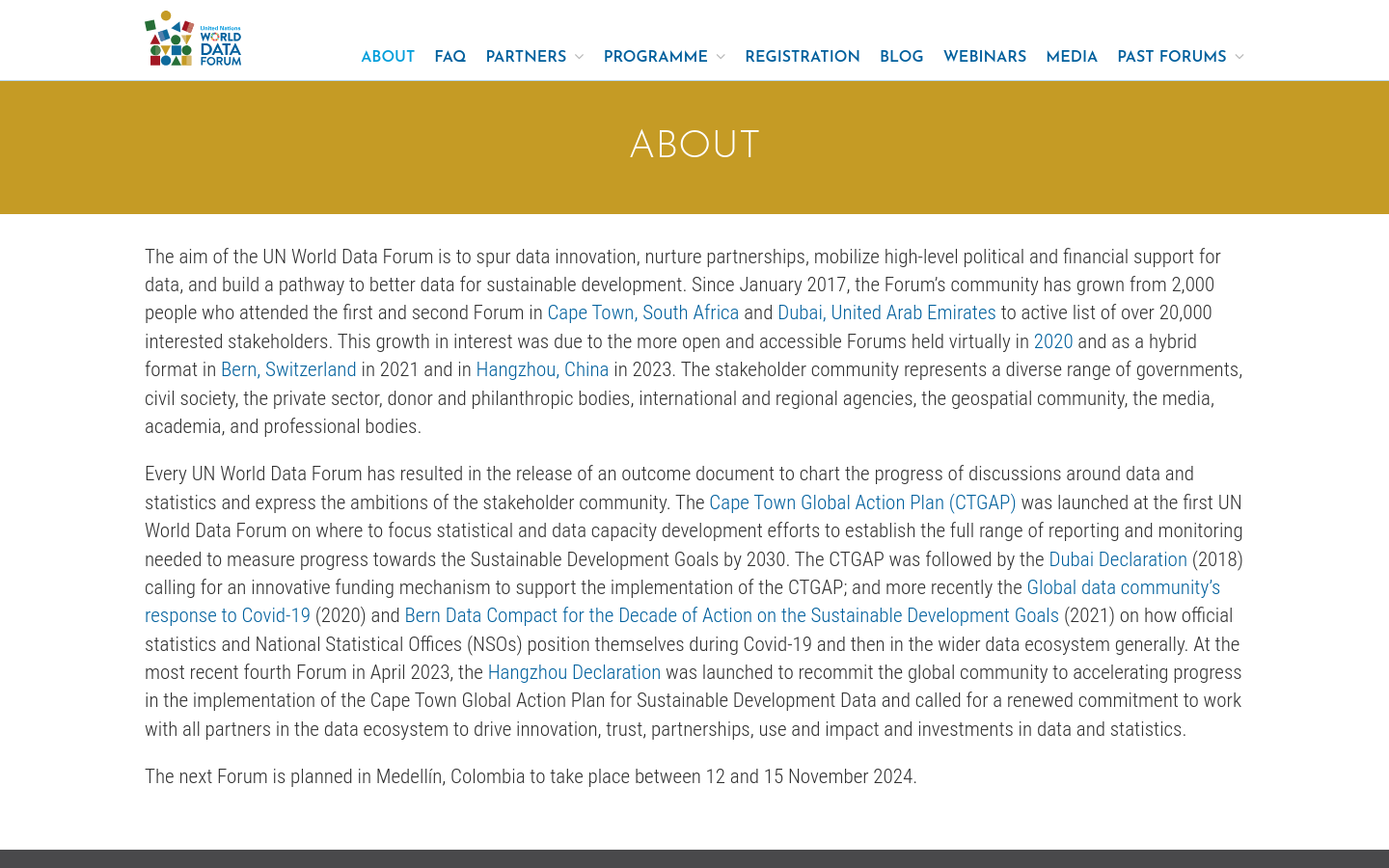
The aim of the UN World Data Forum is to spur data innovation, nurture partnerships, mobilize high-level political and financial support for data, and build a pathway to better data for sustainable development.

Election SOS
Chicago, ILElection SOS offers training & resources for journalists, connecting them to best practices, resources and support around election coverage.

This is a place to connect, share and discuss all things related to climate change & machine learning 🌏🔥 🤖💻

GeoMSF Platform
Washington, DCA full suite of mapping and geodata tools developed by and for Medecins Sans Frontieres

대전참여자치시민연대 예산감시 프로젝트 (Daejeon Citizens' Coalition for Participatory Autonomy Budget Monitoring Project)
Daejeon, KoreaDaejeon Citizens' Coalition for Participatory Autonomy Budget Monitoring Project

Nucleic Acid Barcode Identification Tool (NABIT)
Washington, DCThe NABIT (Nucleic Acid Barcode Identification Tool) is a low-cost, hand-held, field-ready automated tool to validate the identity of a wildlife or food product, anywhere in the world, without specialized training, equipment, reagents, or even continuous power.

A comprehensive collection of six years of telemetry data from three Google buildings, providing real-world insights for developing and validating optimal control solutions.

Global DPI Summit
CairoThe Global DPI Summit, hosted in Cairo, Egypt, stands as a premier convening of stakeholders in the Digital Public Infrastructure (DPI) ecosystem, bringing together representatives from across the globe.

Sentinel
Washington, DCConservation X Labs’ Sentinel transforms wildlife monitoring tools — like trail cameras and acoustic recorders — with revolutionary and intuitive AI technology, processing environmental data in real-time as it’s collected.

A powerful tool designed to train reinforcement learning agents to optimize energy consumption and minimize carbon emissions in buildings.

Media Viability Accelerator
Internews Network, 15th Street Northwest, Washington, DC, USAJoin a free web-based platform that supports media to compete more effectively for audiences and revenues by learning from the performance of peers globally and participating in a marketplace of ideas.
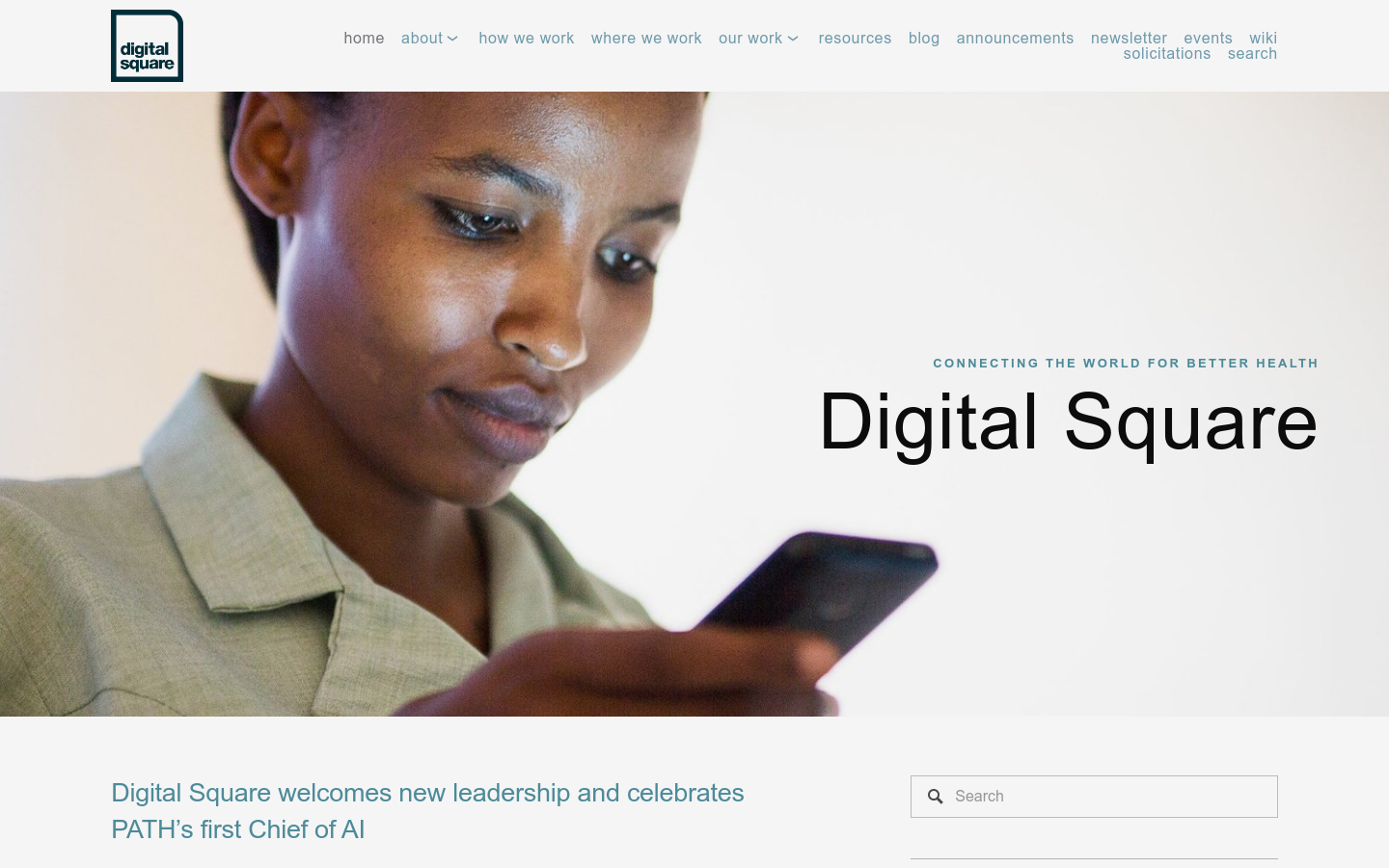
Digital Square
Washington, DCDigital Square is a PATH-led initiative funded by the United States Agency for International Development (USAID), the Bill & Melinda Gates Foundation, and a consortium of other partners to transform digital health.

Migravoice
India (Bhārat)Amplifying voices of migrants and refugees in European Media

Evidence from Taliban-controlled Afghanistan shows that digital aid is a cost-effective, credible, and efficient way to reach vulnerable populations, in this case poor, tech-illiterate, female-headed households, in fragile states.

Govwatch
AthensRule of Law monitoring platform - Govwatch is a collective map of the state of the rule of law in Greece, made up of reports not just from the Govwatch team, but also from civil society organisations, journalists and academics, and citizens.

The Upward Mobility Dashboard helps people understand key conditions affecting upward mobility from poverty and racial equity in communities.

Arthro5a.gr
AthensΚάθε πολίτης έχει το δικαίωμα να αποκτήσει πληροφορίες από δημόσιους οργανισμούς. Σύμφωνα με τον νόμο, οφείλουν να απαντήσουν.

AI for Changemakers
Poland (Polska)A global accelerator for AI innovators and nonprofits working to solve the world’s pressing challenges.

Cooperative AI Course
United Kingdom of Great Britain and Northern Ireland (the)Cooperative AI is an emerging research field focused on improving the cooperative intelligence of advanced AI for the benefit of all.

The Midwest Newsroom
IowaThe Midwest Newsroom is a partnership among Iowa Public Radio, KCUR in Kansas City, Nebraska Public Media News, St. Louis Public Radio and NPR.
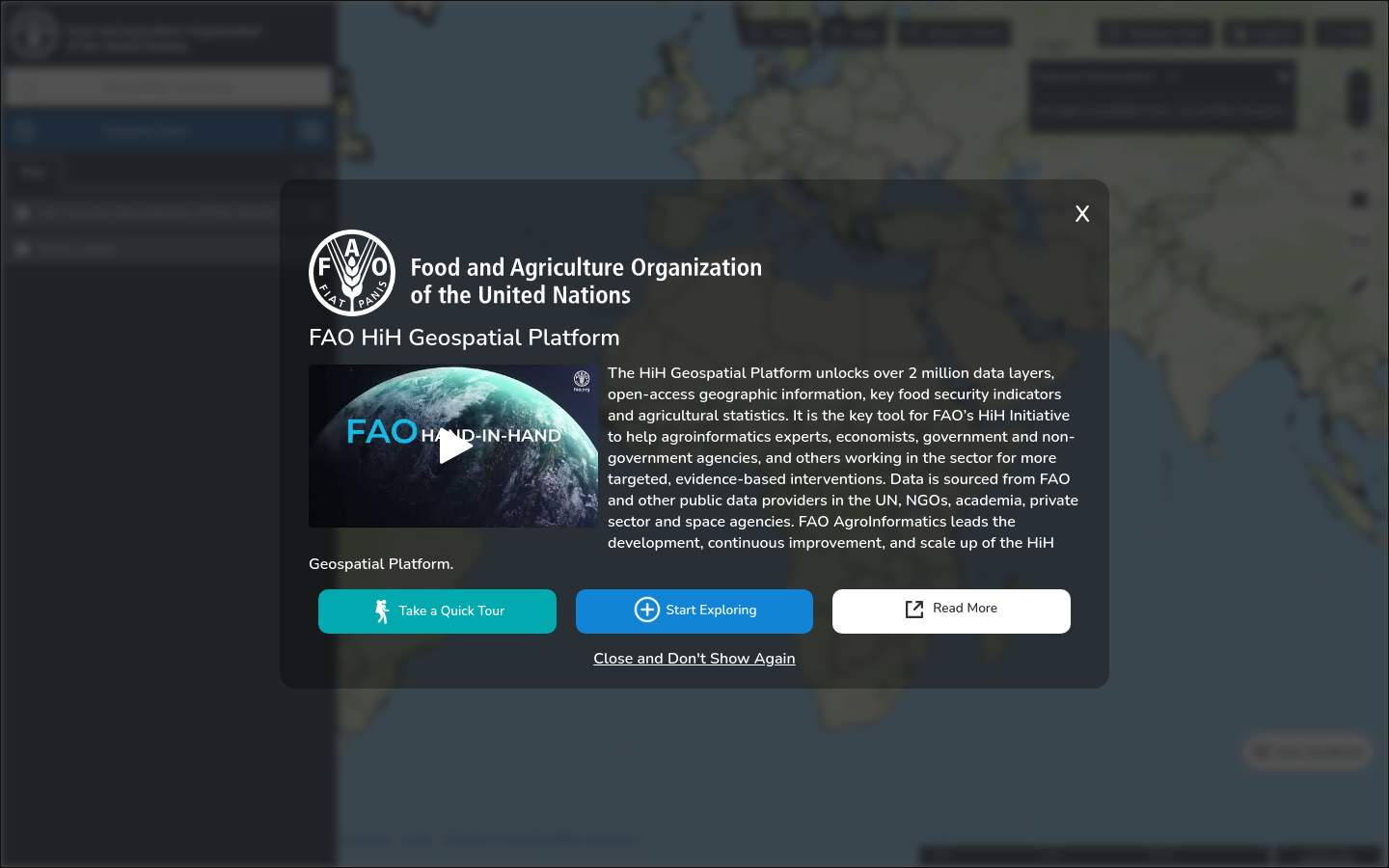
The Hand-in-Hand (HiH) Geospatial Platform is the enabling tool for the HiH Initiative unlocking over 2 million data layers for more targeted, evidence-based interventions.

Localwatch
AthensCivic tech participatory platform focusing on local level (municipalities). Kάνε ερωτήσεις και προτάσεις στο Δημοτικό Συμβούλιο, οργάνωσε εθελοντικές δράσεις , συνδιαμόρφωσε τον προϋπολογισμό του Δήμου και πάρε μέρος στις διαβουλεύσεις και στην αξιολόγησή του

New York Focus
New York, USANew York Focus is a nonprofit, nonpartisan newsroom covering state and local politics in the Empire State. We aim to make government more transparent by publishing in-depth journalism that explains how the state really works.
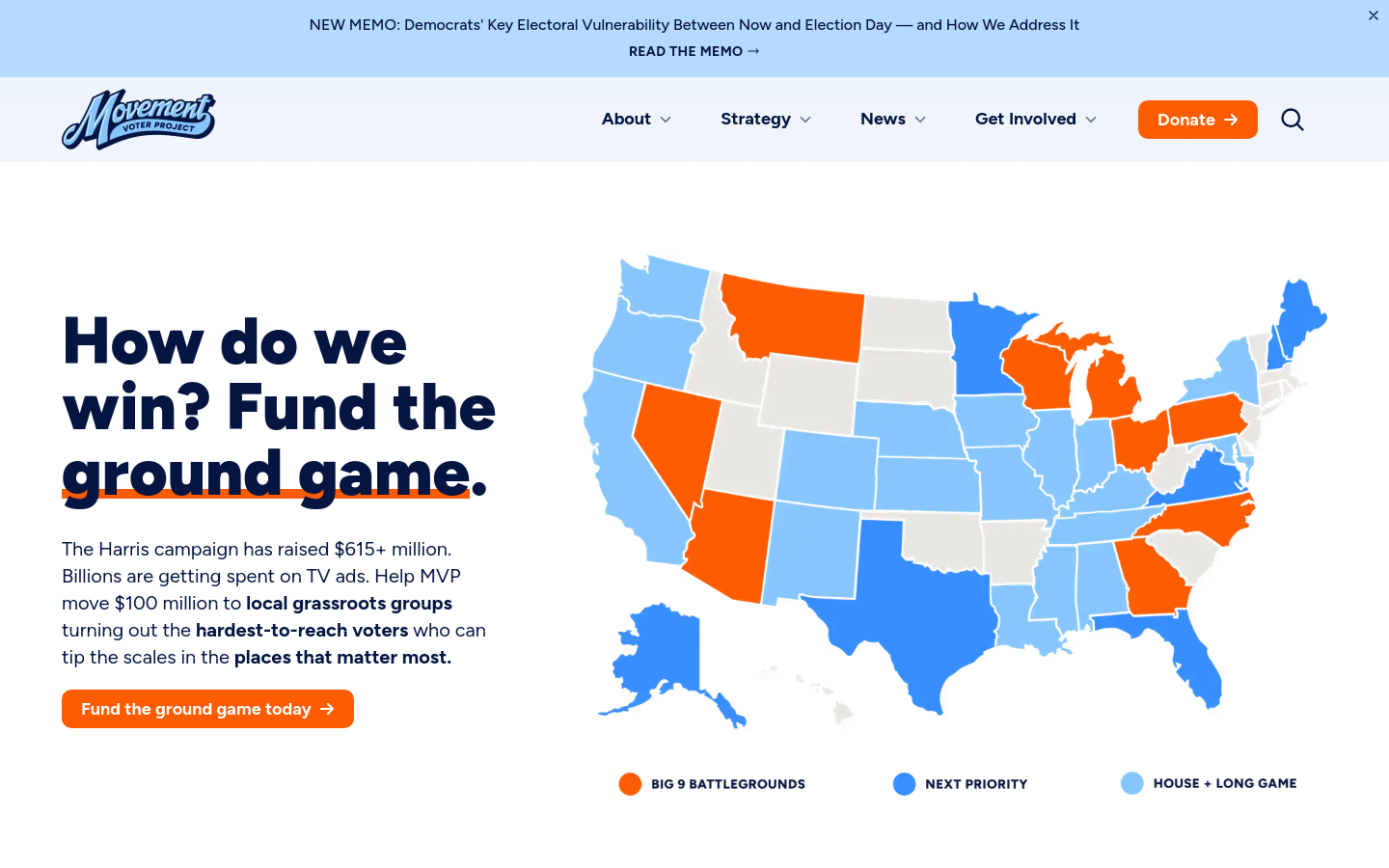
Movement Voter Project (MVP)
United States of America (the)Simply put: MVP helps Democratic and progressive donors channel donations into the local organizing groups that tip key races AND build political power for the long term.

Plaza Cívica
PeruWe empower communities to actively engage with their governments in decision-making through technology, design, communication, and research, driving better public services and enhancing citizen participation in governance.
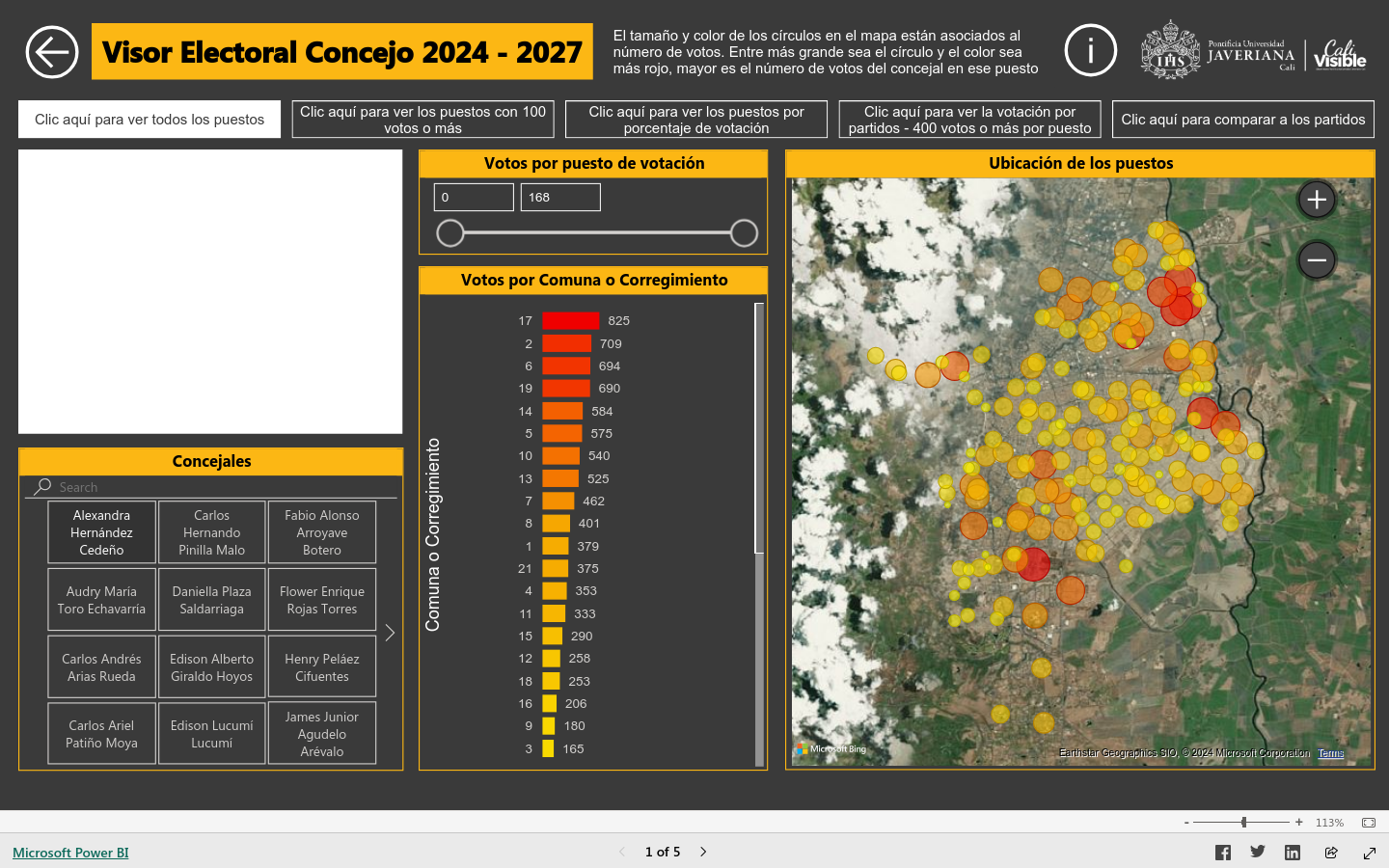
Visor Electroal Concejo 2024 - 2027
ColombiaVote map and data dashboard showing support for elected representatives in Cali, Colombia

Jarbas Dashboard
Brazil (Brasil)Jarbas, a public panel of [Brasilian] parliamentary reimbursements, where suspicious purchases are easily accessible for public scrutiny.

Embaixadoras
Brazil (Brasil)Cada pessoa embaixadora de inovação cívica atua na organização de eventos locais, bate-papos, documentação de processos e, claro, na integração com os demais participantes da rede.

Sustainability Jobs
Berkeley, California, USASustainability Jobs is a job board related to Environmental and Renewable Energy Jobs.

Society of Evidence Based Policing (SEBP)
United Kingdom of Great Britain and Northern Ireland (the)an independent charity dedicated to using, producing and communicating the best available evidence to improve policing






